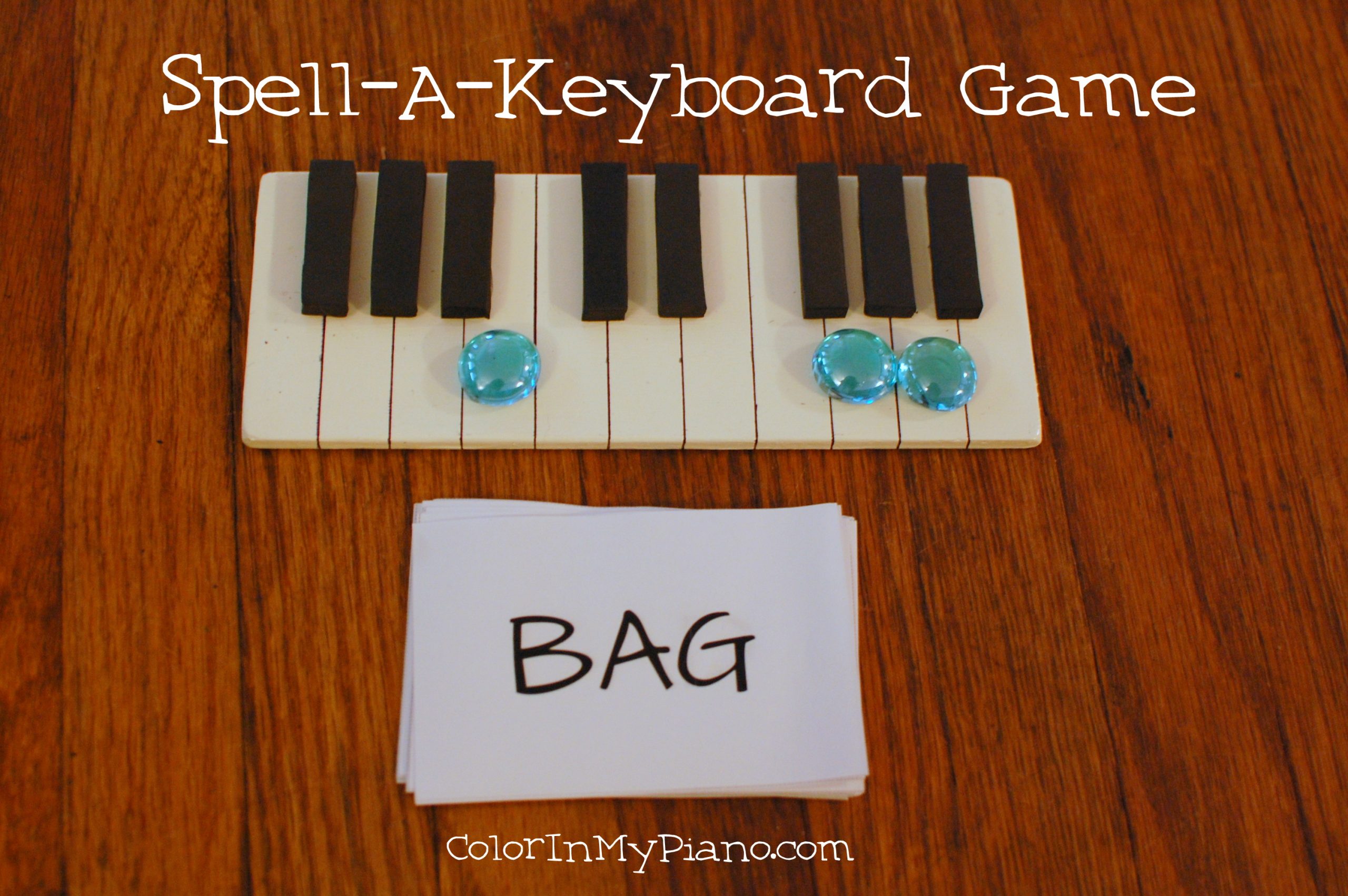This morning with my homeschool music class, I played this game with my students:
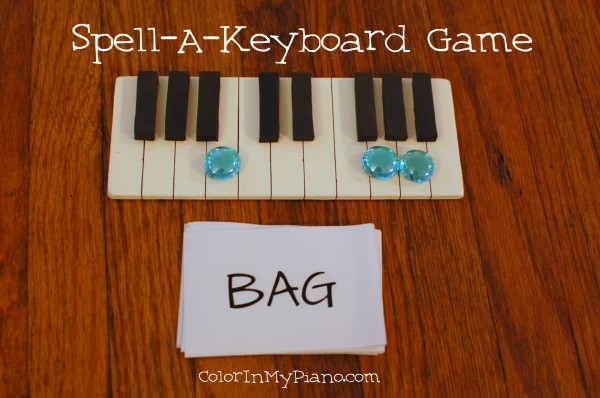
As I was lesson planning last night, I was trying to think of a new way to practice the names of the piano keys. My homeschool music class is mostly a music history class, but we’ve been learning basic music/piano concepts too. My students already know how to figure them the piano key names by counting from Middle C, but they need more practice to get them memorized. So I came up with this game, which I called the “Spell-A-Keyboard Game.”
My students loved this game! I gave them each a set of cards with words containing only A-G (I gave them only the three-letter words for today) and a silent keyboard or paper keyboard, and three glass gems (pennies or buttons work too). Then I instructed them to “spell” the words from each flashcard by covering the right keys with glass gems. If you are playing this game with students at the piano, you can require that students spell the letters in order from left to right, but on a silent keyboard there might not be room to do so (as in the example shown in the photo).
This game is a great way to practice the piano key names without it actually feeling like a drill! My students really enjoyed seeing how quickly they could spell the words and were pretty proud of their work each time.
You can download the “Musical Alphabet Word Flashcards” on the Printables > Games page. When I created the cards, I tried to pick mostly words that kids would know. Enjoy!
Update: I just realized that Susan Paradis plays a game very similar to this, except the words are spelled on the staff! Read more here.
Update: Read about the outdoor version of this game here, where I describe my Musical Olympics Camp.
Update: I also found a way to adapt this game to be used with two floor keyboards indoors, with two teams. Click here for more info.


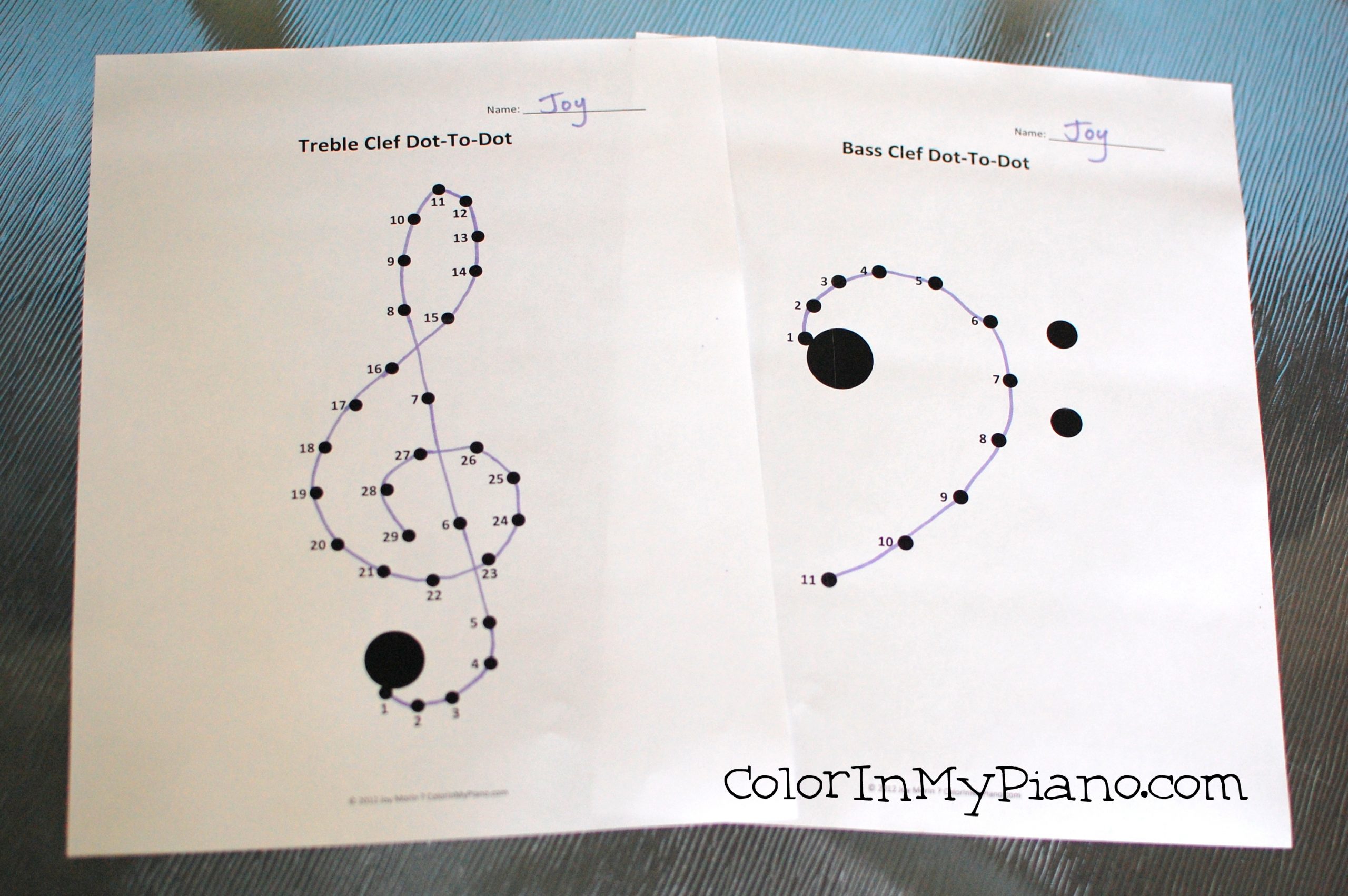
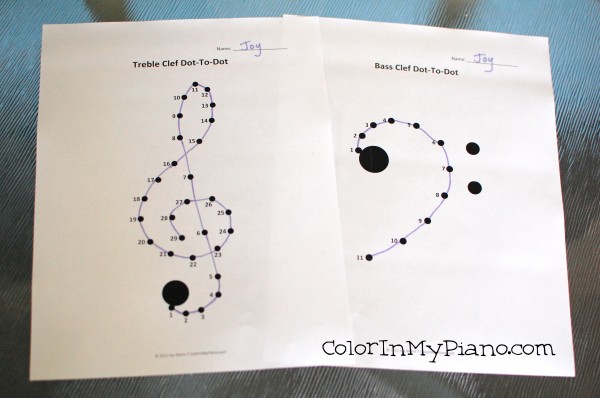

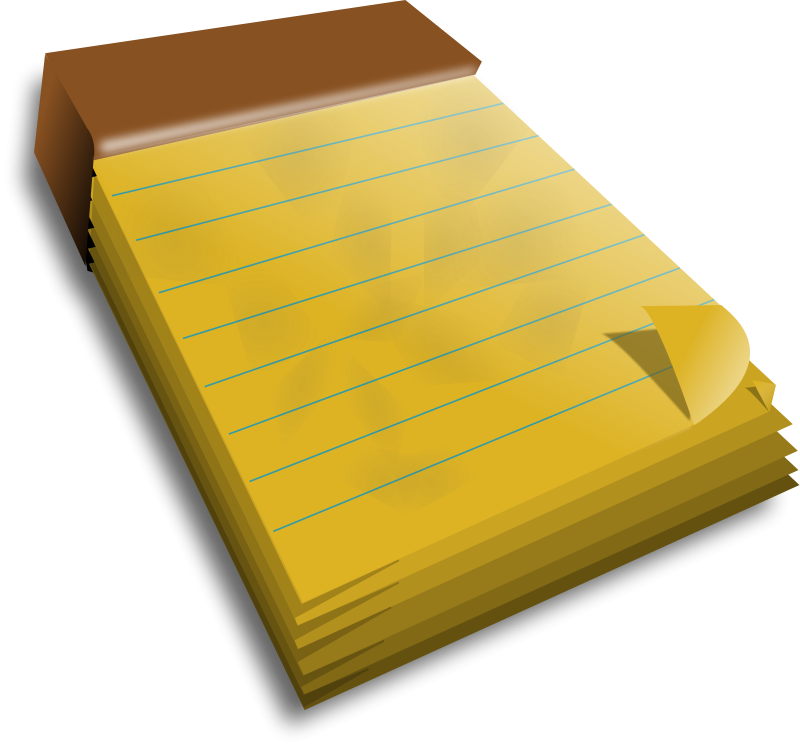
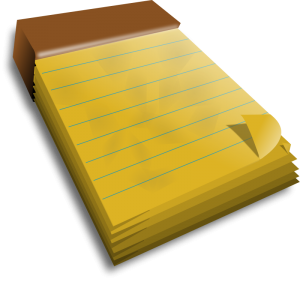 I’ve let a few weeks go by again without doing a Forum Q&A, so I think it’s high time for another! 🙂 Last time, we discussed
I’ve let a few weeks go by again without doing a Forum Q&A, so I think it’s high time for another! 🙂 Last time, we discussed 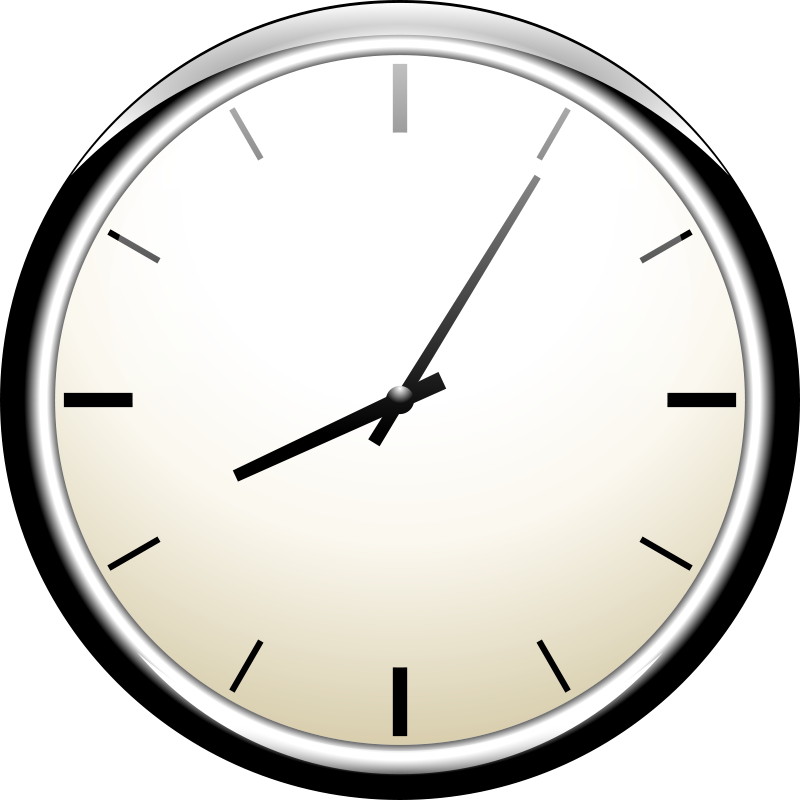
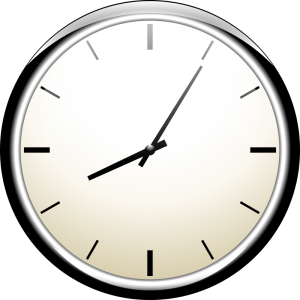 Here is a phrase I find myself use more and more lately with my students:
Here is a phrase I find myself use more and more lately with my students: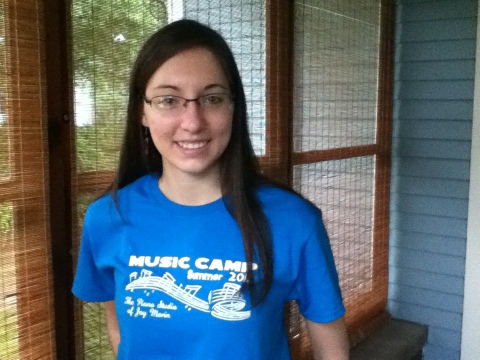
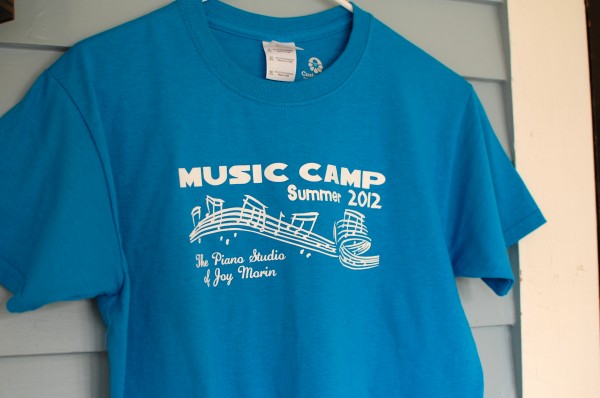

 Just a quick story to share today…
Just a quick story to share today…